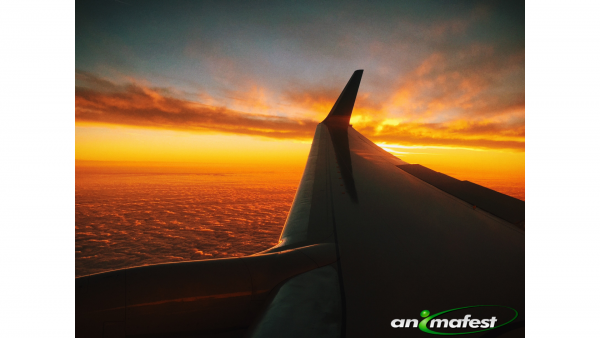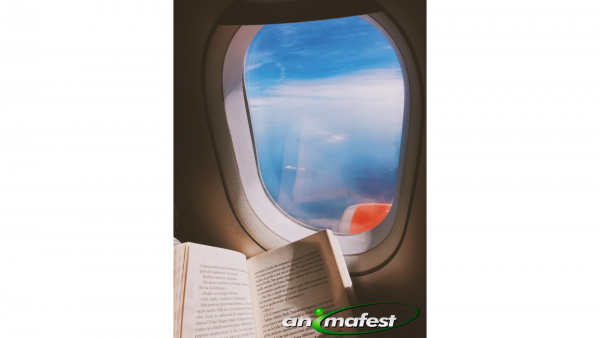How to combat a jet lag during an internship?
At Animafest we offer internships for students from all over the world. If you are planning to come to Spain you may have to drastically change your time zone and lifestyle. Read our advice on how to manage this at the beginning of your internship so you can enjoy the sunshine and beautiful views as soon as possible.
Jet lag is the result of a sensory mismatch between our circadian rhythm and the sensory input. Typically, jet lag is more pronounced when traveling east than traveling west. This makes South America a really great destination for North Americans as travelers experience less jet lag compared with destinations such as Europe or Asia.

Naturally, the more time zones we cross, the greater the effects of jet lag typically are. Minimize this difference by beginning to adjust your eating and sleeping schedules to your destination before you leave. Pick flights onboard new generation aircraft like the Boeing 787 or Airbus 350 which have higher cabin humidity than traditional airliners and have high-tech cabin lighting. Both of these features are designed to keep you feeling great during and after your flights.
How to void Jet lag during your journey? Drink plenty of non-alcoholic fluids and nourish your body with healthy, natural, and wholesome foods. Keep your blood flowing by stretching and walking about during your flights when the seatbelt sign is off and during layovers. Use earplugs or noise-canceling headphones to reduce environmental noise and stay relaxed.
How to avoid jet lag upon arrival in Spain? Adapt to the local schedule right away. Eating and sleeping on the local schedule of your destination will get you adapted to the new time zone as quickly as possible. While it can be tempting to start exploring the destination immediately, take a few minutes to take a shower and freshen up. Additionally, taking a 20-minute power nap before you start exploring is a great way to recharge.
Get as much light as possible. Getting out and taking a walk around Spain is a great way to get to know the area and take in more natural light which will help you get adapted to the new time zone. In general, exposure to light in the evening helps you adjust to a later than usual time zone (traveling westward), while exposure to morning light can help you adapt to an earlier time zone faster (traveling eastward).
The one exception is if you have traveled more than eight time zones from your original time zone because your body might mistake early morning light for evening dusk. Your body might also mistake evening light for early morning light. So, if you’ve traveled more than eight time zones to the east, wear sunglasses and avoid bright light in the morning, and then allow as much sunlight as possible in the late afternoon for the first few days in your new location.
If you have traveled west by more than eight time zones, avoid sunlight a few hours before dark for the first few days to adjust to the local time.

Stay on your new schedule. Set your watch to the new time before you leave. Once you reach your destination, try not to sleep until the local nighttime, no matter how tired you are. Try to time your meals with local mealtimes, too.
Stay hydrated. Drink plenty of water before, during, and after your flight to counteract the dehydrating effects of dry cabin air. Dehydration can make jet lag symptoms worse. Avoid alcohol and caffeine, as these can dehydrate you and affect your sleep.
Try to sleep on the plane if it’s nighttime at your destination. Earplugs, headphones, and eye masks can help block out noise and light. If it’s daytime where you’re going, resist the urge to sleep during your internship.
If you want to visit all these places, register on our website animafestexperience.com and do your internship with us!






